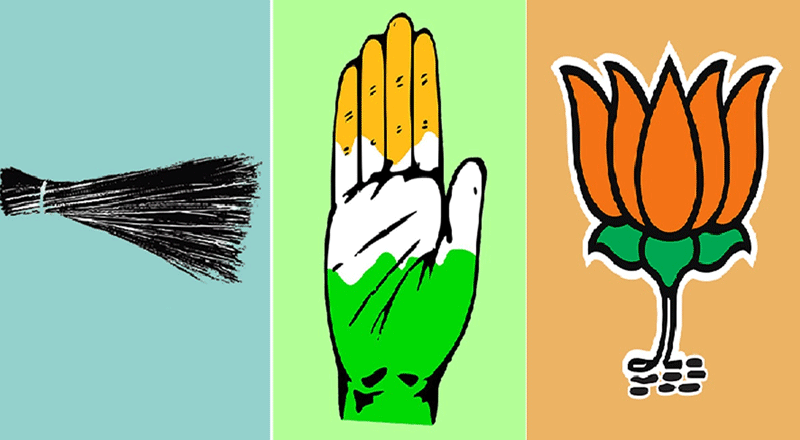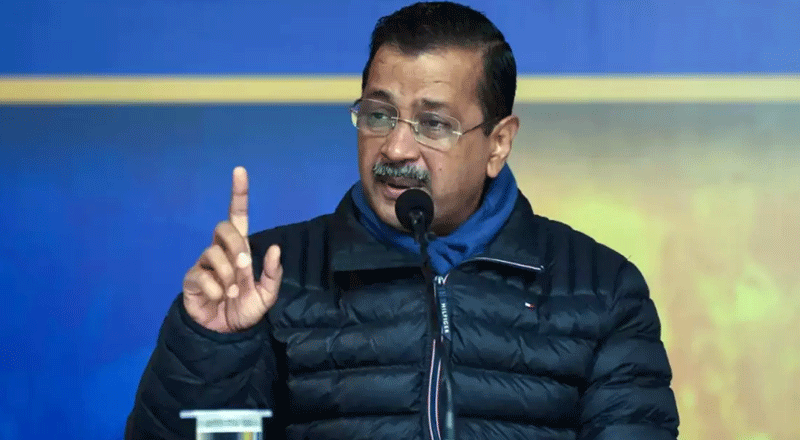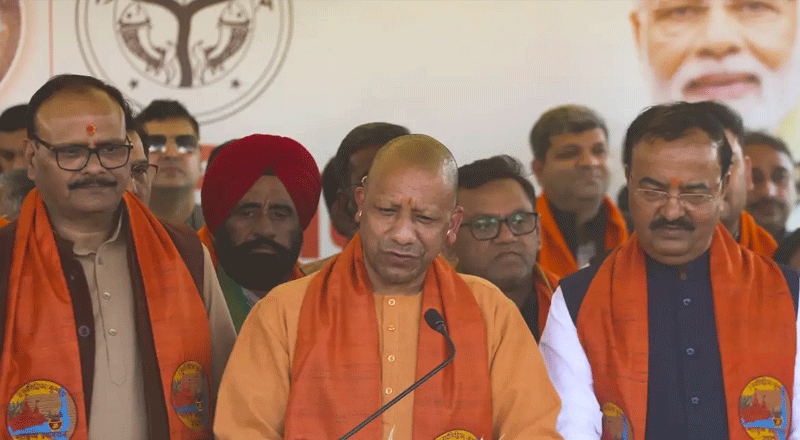The iconic Tirupati laddu, a symbol of divine blessing offered at the Sri Venkateswara Temple in Tirumala, Andhra Pradesh, has become the center of a major political and religious controversy. Allegations of adulteration involving animal fats and fish oil have stirred intense emotions among devotees and political figures alike. This controversy has sparked a debate about religious sanctity, political motives, and the need for transparency.
Origin of the Controversy
The controversy erupted after Andhra Pradesh Chief Minister N. Chandrababu Naidu made a startling claim during a National Democratic Alliance (NDA) legislative party meeting. Naidu alleged that during the tenure of his predecessor, Jagan Mohan Reddy of the YSR Congress Party, the laddus offered at the temple were adulterated with substandard ingredients, including animal fat and fish oil, instead of the pure ghee traditionally used.
“Even Tirumala laddu was made with substandard ingredients… they used animal fat instead of ghee,” Naidu declared. He assured the public that after the alleged discovery, his administration had ensured the use of pure ghee and had taken steps to sanitize the temple premises. His claims were soon echoed by Andhra Pradesh IT Minister Nara Lokesh, who expressed outrage over the previous administration’s alleged disregard for religious sentiments.
Laboratory Report Sparks Further Outrage
To substantiate Naidu’s allegations, a laboratory report from NDDB CALF (Centre for Analysis and Learning in Livestock & Food) was made public. According to the report, samples of ghee used in preparing the Tirupati laddus contained beef tallow, lard, and fish oil. The sample receipt was dated July 9, 2024, with the report following on July 16. The findings led TDP leader Anam Venkata Ramana Reddy to accuse the previous administration of committing a grave sacrilege.
Understanding the Alleged Ingredients
The allegations concerning the presence of beef tallow and lard are particularly sensitive due to the sacred status of cows in Hinduism. Beef tallow, made from the fat of cows, is commonly used for deep frying and soap production. Lard, derived from pigs, is also viewed as inappropriate for use in religious offerings. The accusations, if proven true, challenge the sanctity of the Tirupati laddus, which have a 300-year-old legacy of being prepared with the utmost care and purity.
However, the laboratory report also acknowledged the possibility of false positives. It suggested that certain factors, such as overfeeding cows with vegetable oil-rich feed or technological treatments like cholesterol removal, could result in inaccurate test results. Despite this, the claims of adulteration have triggered widespread concern among devotees.
Historical and Religious Significance of the Tirupati Laddu
The Tirumala Tirupati Devasthanams (TTD), which manages the Sri Venkateswara temple, is renowned for the rigorous process involved in preparing the sacred laddu. The laddus received a Geographical Indication (GI) tag, reflecting their unique cultural and religious significance. To ensure purity, TTD officials conduct multiple quality checks on the ghee and other ingredients used in the laddu’s preparation. These measures include visiting ghee production factories and testing for factors like moisture content, aroma, and the absence of foreign substances.
The daily production of laddus involves large quantities of ingredients, including 400-500 kg of ghee, 750 kg of cashew nuts, 500 kg of raisins, and 200 kg of cardamom. The prasad is prepared in a special kitchen by a designated group of laddu makers who follow strict religious rituals, such as shaving their heads and wearing a single clean cloth while working.
Given the sacred nature of the laddu and the reverence with which it is treated, the claims of contamination have shocked many Hindus, who view cows as holy animals. Any suggestion of using cow fat in the laddu preparation is considered sacrilegious.
YSR Congress Responds
In response to the allegations, the YSR Congress Party has strongly refuted the claims. YV Subba Reddy, a former chairman of TTD and a senior YSR Congress leader, dismissed Naidu’s allegations as politically motivated. He accused Naidu of damaging the sanctity of the Tirumala temple and undermining the faith of millions of Hindus for electoral gain. Reddy challenged Naidu to take an oath in the temple, declaring the truth of his accusations.
To further counter Naidu’s claims, the YSR Congress circulated a video of Syamala Rao, an IAS officer appointed as TTD executive officer by Naidu’s government, stating that a few batches of ghee used in the laddu preparation were found to contain vegetable fats like vanaspati, rather than animal fats. The party maintained that Naidu was politicizing a sensitive issue, stirring unnecessary controversy for political advantage.
Call for Investigation
Amidst the political back-and-forth, YS Sharmila, president of the Andhra Pradesh Congress, criticized both the TDP and YSR Congress for making incendiary accusations. Sharmila called for a high-level investigation to determine the truth behind the allegations. She emphasized that religious sentiments had been deeply hurt and that the controversy warranted a thorough inquiry, possibly by the Central Bureau of Investigation (CBI), to clear the air.
To conclude, the controversy over the Tirupati laddu’s ingredients has ignited a firestorm of accusations and counter-accusations, blending religious sensitivities with political rivalries. As emotions run high among devotees, the need for an impartial investigation becomes critical to restoring faith in the temple’s offerings. Whether the allegations hold merit or are mere political maneuvering, the sanctity of the Tirupati laddu remains a matter of deep significance for millions of Hindus.
(With inputs from agencies)





